When I have some free time, I love to browse blog posts of my fellow book bloggers. It is always interesting to see what the colleagues and friends are doing, which books I missed but should read soon, what they think about books I reviewed recently – and sometimes what they are thinking about other book-related topics.
As I have said several times before, I am much more aware now of the fact that translations matter and are extremely important. Even when you can speak and read five or six languages it will still widen your horizon beyond imagination when you have access to translated books. The availability and also the quality of translations are therefore two of the most important defining elements of an existing book market.
In an older blog post which I have just recently discovered, one of my favorite blogger colleagues, Caroline from Beauty is a Sleeping Cat, was writing about an interesting book by David Bellos, Is That a Fish in Your Ear? – Translation and the Meaning of Everything. Among other authors Bellos has translated the Albanian author Ismail Kadare into English – from the French, not the Albanian language. This is called “indirect translation”, contrary to the direct translation from the source to the target language. Depending on the question if the translator translates into his or her native language, or from his native language into the target language, direct translations are differentiated into so-called “L1” or “L2” translations. Many experts view L2 translations with scepticism or reject them completely, while some consider indirect translations as acceptable when there are no translators available for this particular combination of languages.
I think what counts at the end of the day is the quality of the translation, no matter if it is L1, L2, or indirect. Of course, chances that the translation is excellent are much higher with direct translations. When writers are sometimes using a language that is not their native one, why shouldn’t some translators be able to do the same? (Since Nabokov grew up bilingual, I wouldn’t include him in this list of writers, but there are plenty of them and not the worst) –
An indirect translation might be a kind of second-best solution in cases when there are really no translators available for this particular combination. For Kadare it shouldn’t be a problem to be translated directly into English, since there is not one, but plenty of literary translators for that combination.
But Kadare is a special case: he revised and rewrote all his books that were originally published in the time of communism in Albania when he prepared them for publication in France. That means that a translation of the same book from French to English contains a sometimes very different text than when you would make a direct translation from the Albanian version. And for the novels originally published before 1990 Kadare considers the French and not the Albanian version as the “real”, uncensored text. The revised editions of the pre-1990 novels of Kadare in Albanian language were published after the French versions, if I am not mistaken. For the past-1990 novels, the situation is different: as far as I see they are translated directly from Albanian to English because there is no need for a text revision.
There are also other authors we know mainly from indirect translations. The works of Israel Bashevis Singer are usually translated from English – there are even a lot of people that think Singer was an English-language author. Especially in the case of the translations of Singer to German that is a real pity: Yiddish is so close to German, so why not translate the books directly? (The result would be a very different text, much more close to the original, as I can say from practical experience when I made a sample translation of one of his stories once from the original text to German, comparing the result with the “official” translation from English)
Why do publishers choose to publish indirect translations instead of direct ones? One reason may indeed be a shortage of available translators for the respective combination – although this case may be much rarer as some publishers make us believe. But the problem exists: when I investigated for the possibilities to translate a book from Indonesian to Bulgarian, I realized that there is only one person who can do the job – now imagine if he would be not available for some reason: the only option remaining would be to work with an indirect translation. Otherwise the book would be never available for the potential readers whose native language is Bulgarian and who don’t read in other languages. Although an indirect translation might not be perfect, in the best case it could be a reasonable approximation of the original text. And that would be still far superior then the virtual non-existence of a book in that particular language.
Another reason for indirect translations may be that in some cases publishers can save money – it is cheaper to translate from languages where you can find plenty of competing translators than from languages where there are only a very few translators, or where possibly the translation rights might be cheaper to acquire (depending on the contractual relationships between the involved publishers, the author and the literary agency).
Also literary agents can play a role in this process. Agents try to increase the income of their clients (and by that their own income), so they try to redistribute money from other stages of the book value chain – mainly the publishing houses, but obviously to a growing extent also from translators – into the pockets of their writing clientele, by auctioning off book and translation rights, increasing the royalties for the author, etc., and by that forcing everybody else in the book value chain to decrease their income. There is nothing wrong with this in principle, as long as professional and ethical standards are respected, which is not always the case.
A particular vicious example is a recent case in which Egyptian bestselling author Alaa al Aswany and his agent Andrew Wiley (together with Knopf Doubleday publishers) are involved and that was made public by the Threepercent website of the University of Rochester.
A completely unacceptable treatment of a literary translator – and hard to believe but obviously true: a world famous author, the Godfather of all literary agents and a renowned publishing house use their combined power and leverage to cheat on a hard working professional, for reasons that are as it seems of exclusively pecuniary nature.
By the way, I find it very interesting to see the approach of different writers to the question of translations of their works. While some authors take a great interest and discuss details of the translations with their translators, or even organize like Günter Grass (on their own costs) workshops for their translators to ensure a high quality of the translations, others like Thomas Bernhard show the extreme opposite approach. From an interview with Werner Wögerbauer, conducted 1986 in Vienna:
“W.: Does the fate of your books interest you?
B.: No, not really.
W.: What about translations for example?
B.: I’m hardly interested in my own fate, and certainly not in that of my books. Translations? What do you mean?
W.: What happens to your books in other countries.
B.: Doesn’t interest me at all, because a translation is a different book. It has nothing to do with the original at all. It’s a book by the person who translated it. I write in the German language. You get sent a copy of these books and either you like them or you don’t. If they have awful covers then they’re just annoying. And you flip through and that’s it. It has nothing in common with your own work, apart from the weirdly different title. Right? Because translation is impossible. A piece of music is played the same the world over, using the written notes, but a book would always have to be played in German, in my case. With my orchestra!”
And for those of you who are familiar with Georges-Arthur Goldschmidt’s books with the untranslatable titles Quand Freud voit la mer and Quand Freud attend le verbe, it may be not surprising that I am very sympathetic to Bernhard’s opinion. A translation is indeed always a different book, and sometimes – as is the case with the terms created by Freud in the framework of psychoanalysis, the meaning and specific connotation of central words and expressions are so inseparably linked to the particular language in which they were created (in the case of psychoanalysis: German) that each translation is already an interpretation, over-simplification, reduction of ambiguity, and even falsification of the original text. – But I guess I am digressing a bit. The highly interesting books by Goldschmidt would deserve a more detailed review as is possible here.
Translations are a wide field – I have the feeling that I will return to the issue again sooner or later.
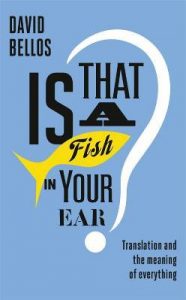
David Bellos: Is That a Fish in Your Ear? – Translation and the Meaning of Everything, Particular Books, 2012
Georges-Arthur Goldschmidt: Quand Freud attend le verbe, Buchet Chastel, 2006
Georges-Arthur Goldschmidt: Quand Freud voit la mer, Buchet Castel, 2006
Chad W. Post: A Cautionary Tale
Chad W. Post: The Three Percent Problem, Open Letter, e-book, 2011
The interview with Thomas Bernhard was originally published in the autumn issue 2006 of Kultur & Gespenster, the English translation by Nicholas Grindell was published here.
© Thomas Hübner and mytwostotinki.com, 2014-5. Unauthorized use and/or
duplication of this material without expressed and written permission from this blog’s author and/or owner is strictly prohibited. Excerpts and links may be used, provided that full and clear credit is given to Thomas Hübner and mytwostotinki.com with appropriate and specific direction to the original content.

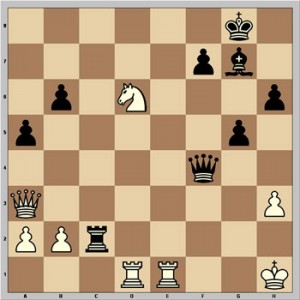
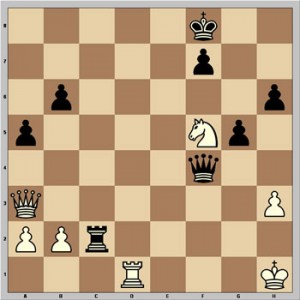
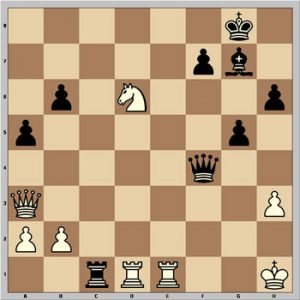
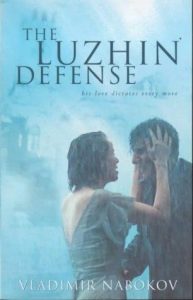

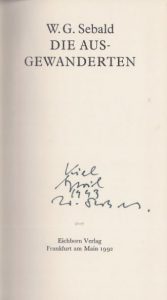
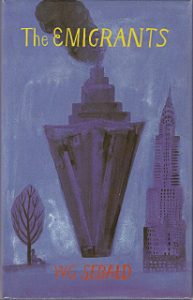
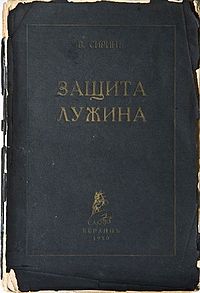
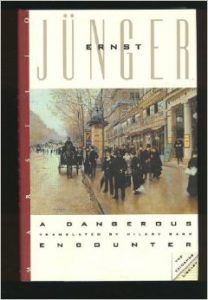
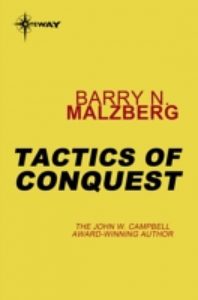


 Facebook
Facebook RSS
RSS Twitter
Twitter